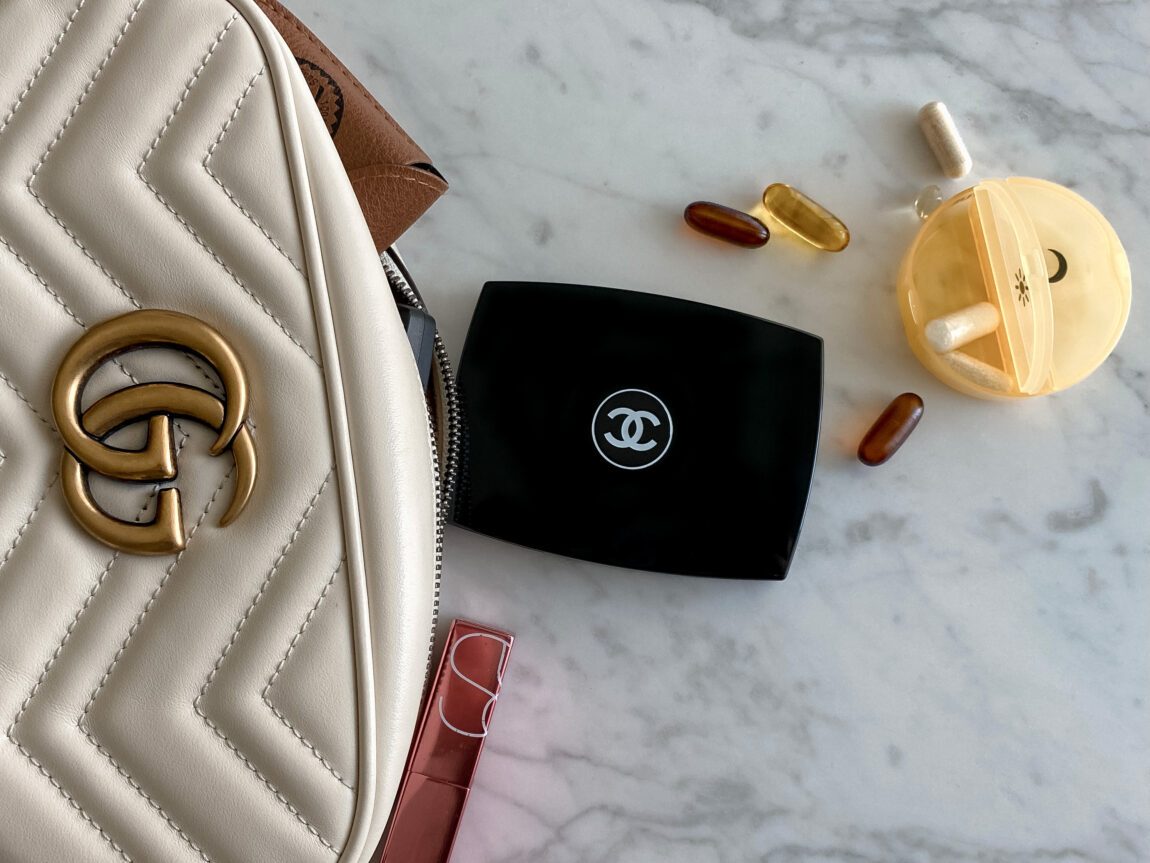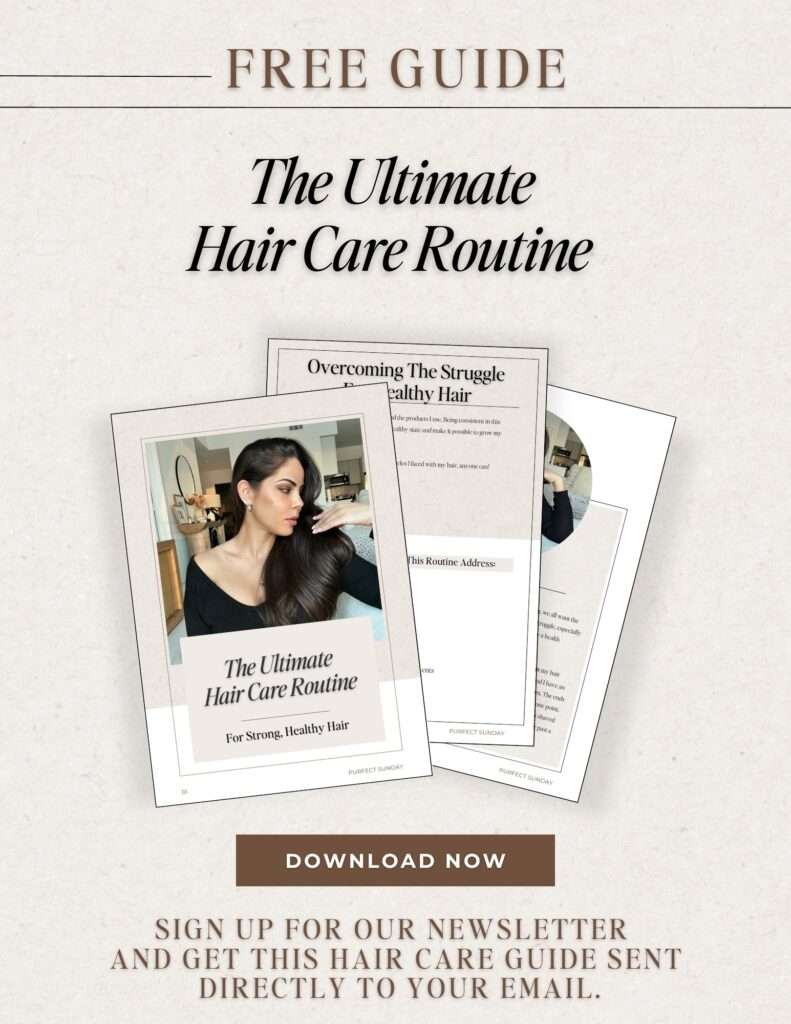
Best Supplements To Take Daily For Good Health
Vitamins are essential to our overall health. But even when we eat a balanced diet of high-quality food, we can still end up with nutritional gaps. Whereas anyone can end up lacking in some vitamins and minerals, there are a few particular groups of people that are more likely to develop a deficiency. Young women, pregnant women, people with darker skin tones, vegans, or people with dietary restrictions, health conditions, and the elderly. It’s a good idea to ask your doctor for a blood panel from time to time. This way they can clearly see and go over with you any areas of concern. You can then adjust your diet or they can recommend any vitamin supplements that will be beneficial to you.
You should always talk to your professional healthcare provider first, before taking any new vitamin or mineral supplements.

Best Supplements To Take Daily
Vitamin C
Vitamin C is a powerful antioxidant. It’s necessary for the development, growth, and repair of all of the body’s tissue. It’s also involved in many of the body’s functions. Including but not limited to, keeping the immune system operating at optimal levels, iron absorption, and formation of new collagen. This new collagen helps heal wounds and repair skin damage from external damage and the natural aging process.
Vitamin C deficiencies rarely lead to scurvy these days, especially in developed countries. This is due to the easy availability of fresh fruits and vegetables. However low vitamin C levels are actually higher than previously believed to be.
There are many fresh foods high in vitamin C that you can easily include in your diet. Kiwis, bell peppers, broccoli, oranges, strawberries, kale, snow peas, and papaya are a few with high amounts.
Calcium
Calcium is an important mineral that helps your body in bone and teeth formation. It helps with proper muscle constriction and relaxation. It can also help minimize PMS symptoms and prevent kidney stones. The list of calcium benefits is pretty extensive. I guess that’s why as children, adults were always telling us to drink our milk.
The daily recommended amount of calcium is 1000 mg per day for adults. This number goes up to 1,200 mg for people over 50. For children ages 4–18 the number is highest at 1,300 to help with growing bones.
These are some of the food sources in which you can find high calcium levels. Beans, peas, lentils, almonds, and Brazil nuts. As well as seaweed, dark leafy greens like bok choy, spinach, kale broccoli, and Brussel sprouts. And soy products like tofu and tempeh. Soy also has the added benefit of being high in protein, fiber, and other vitamins and minerals.
Vitamin E
Vitamin E is a powerful fat-soluble antioxidant. Its benefits include boosting the immune system and slowing the aging process by preventing free radicals from damaging cells. It’s even capable of lowering your risk of developing select kinds of heart disease.
You can find vitamin E in a large variety of food, some brands will even fortify products to increase levels. These days a deficiency is rare in the United States and really most countries. However, it can sometimes occur in people that have a fat malabsorption health condition.
Foods high in vitamin E include nuts and seeds, whole grains, leafy vegetables, olive oil, and sunflower oil.
Vitamin D
Unlike some of the other vitamins on this list, a vitamin D deficiency is fairly common. Vitamin D is an essential nutrient that is important to many of the body’s processes. This vitamin is crucial to building strong bones and maintaining bone health by aiding in calcium absorption.
Vitamin D occurs naturally in very few foods. The most common source of vitamin D is from healthy amounts of sun exposure. This is followed by animal-based products, including fortified milk, egg yolks, beef liver, and fish. People following a vegan diet can struggle with this and usually need to take a vitamin D supplement. There are many other people who may need to take supplements though. Including people with limited sun exposure. People with darker skin tones, individuals with kidney or certain digestive disorders, and people who are overweight.

Vitamins Particularly Important For Women
Nutrient needs and deficiencies can change during different life stages. Especially in pregnant, breastfeeding, and older women. Pregnancy is one of the times vitamin needs usually increase. As well later on in life, older women may be taking medication that can interfere with vitamin absorption.
Iron
Iron is essential in the production of hemoglobin, which is in charge of transporting oxygen from the lungs to different parts of the body. Women need a higher amount of iron in their diet as a lot of the minerals can be lost during their menstrual cycle. Because of this iron deficiency is quite common in young women. Especially during pregnancy. Side effects of an iron deficiency include chronic fatigue, headaches, dizziness, weakness, and sensitivity to the cold. If you feel you might be deficient, consult with your doctor. They can test your iron levels and recommend the correct iron supplement and dosages.
Iron-rich foods include beans, lentils, soybeans, spinach, broccoli, dried fruit, and peaches.
Folic Acid
It’s recommended that women take folic acid before and during pregnancy. Doing so can help prevent defects in your baby’s brain and spinal cord.
The best foods containing folic acid are fortified cereals. Otherwise, prenatal vitamins with the recommended 400 micrograms of folic acid will be enough. If you bought your own prenatal vitamins, you can bring them to your OB to check that all the vitamin and mineral levels are proper.

Vitamins Particularly Important for Vegans
Vitamin B12
Vitamin B12 also known as cobalamin is a water-soluble vitamin that is essential for blood formation. It’s also needed for brain and nerve function. Although every cell in your body needs it to function properly, your body is unable to produce it on its own. Therefore B12 must come from an outside source.
B12 is mostly found in meat, fish, and dairy products. So vegans can have a hard time keeping adequate levels and have a much higher risk of developing a deficiency. Even though they aren’t as common, there are some vegan foods that contain B12. Seaweed, algae, nori, tempeh, and shiitake mushrooms. A lot of vegan food products are fortified with vitamin B12 as well, making it easier to reach the recommended daily amount.
Multivitamin
There are some brands of multivitamins that are made especially for those following a vegan diet. Without meat and dairy, it can be much harder to get the recommended daily amounts of all the various vitamins and minerals. Although it can still definitely be done. A multivitamin containing vitamins A, D, E, B12, zinc, folic acid and more, is an easy solution in helping prevent any deficiencies.
Hope you found this helpful.
Xx Monti
Shop the Post


